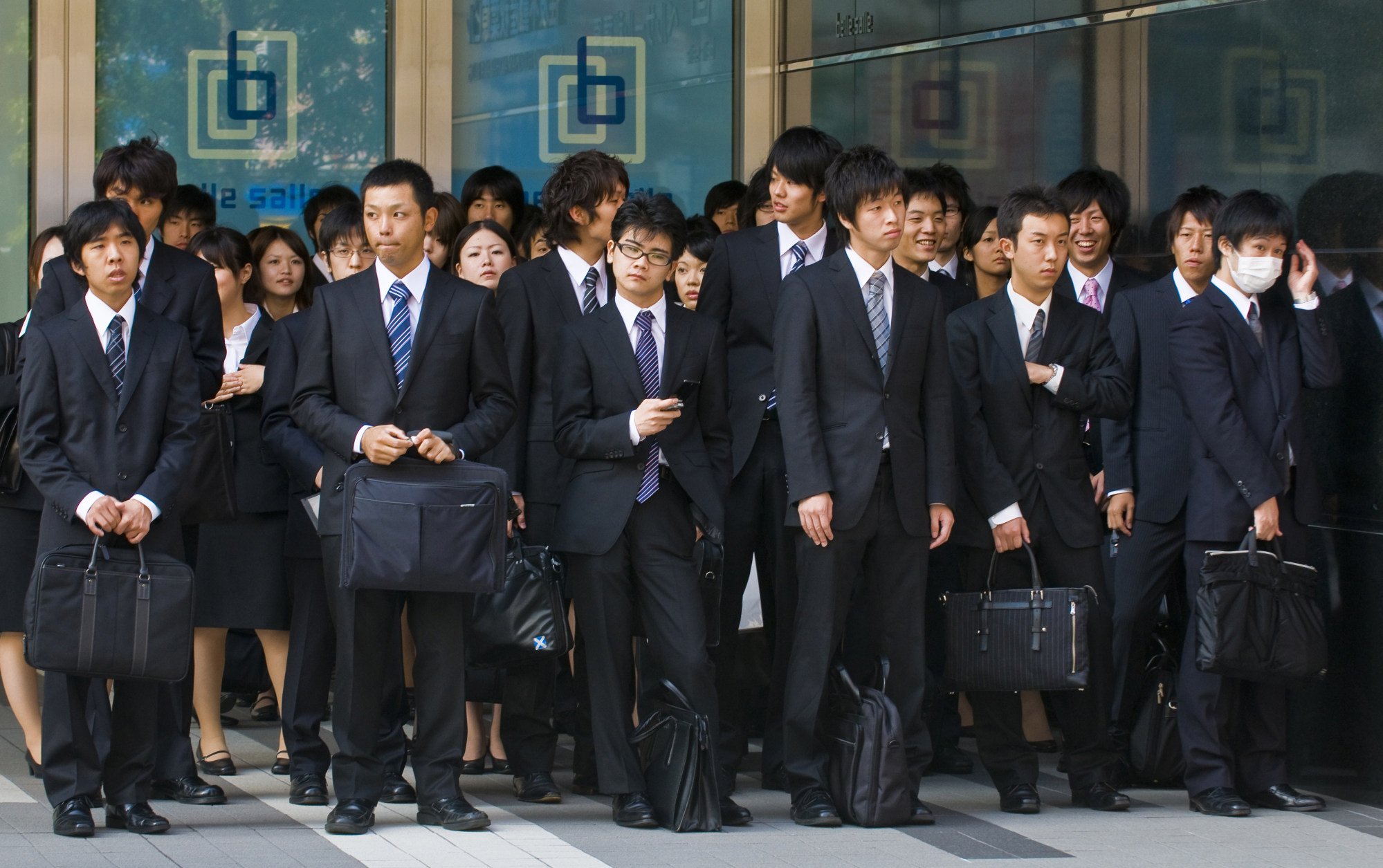Survey finds 45% of Japan’s workers are ‘quiet quitting’ in challenge to overwork culture
The poll found most who identified as quiet quitters were satisfied with doing just enough at work – and intend to continue

A growing share of Japan’s full-time workforce is engaging in “quiet quitting” – doing just enough to get by without striving for promotions or recognition – according to a new survey, reflecting a subtle yet significant shift away from the country’s deeply rooted culture of overwork.
The study by Japanese job-matching firm Mynavi, which polled 3,000 workers aged 20 to 59, found that 45 per cent identified as quiet quitters.
“We can see that ‘quiet quitting’ is becoming the new norm,” Akari Asahina, a researcher at the Mynavi Career Research Lab, told The Japan Times.
The term, popularised on TikTok in the US in 2022, refers to employees who meet the basic expectations of their job but avoid taking on extra responsibilities or pursuing advancement.
In Japan, more than 70 per cent of those who identified as quiet quitters said they intended to continue the practice, according to Mynavi’s survey results released last month.
About 60 per cent said they were satisfied with the outcome, including more time for personal pursuits during and outside work hours.

The survey identified key drivers for quiet quitting among workers, including feeling misaligned with their roles, prioritising work-life balance and a general indifference towards career progression.
“As values are becoming more diverse, it’s important for companies to accept the diverse values of individuals and offer flexible work styles that fit them,” Asahina said.
Japan’s work culture has long been defined by long hours and self-sacrifice, so much so that the country has a specific term, karoshi, for death from overwork.
But Mynavi’s survey suggests that this mindset may be starting to shift.
Among human resources professionals, 32 per cent expressed concern that quiet quitting might hurt morale, while nearly 39 per cent said they were receptive to the idea, acknowledging that not every employee might be gunning for career advancement.
Annual working hours in Japan have also been on the decline in recent years.
A November report by Takashi Sakamoto, an analyst with the Recruit Works Institute, found that average annual hours fell by 11.6 per cent – from 1,839 in 2000 to 1,626 in 2022 – bringing Japan in line with many European countries.
Like elsewhere in the world, the shift is driven by generational change. Observers say Japan’s youth are prioritising personal time and rejecting the demanding work culture their parents often embraced for economic growth and job security, a trade-off that no longer resonates as well with a generation facing a more challenging economic landscape.